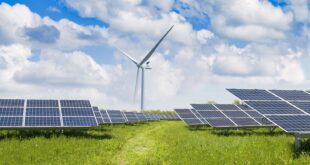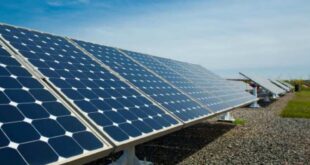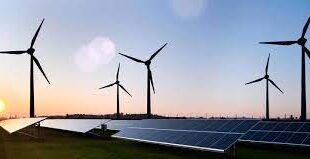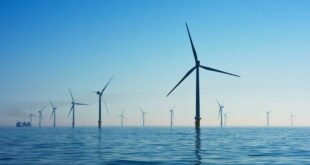Efficiency programmes for customers of publicly owned utilities in the US save electricity at an average cost of 2.4¢ (1.8p) per kilowatt-hour (kWh).
That’s the conclusion reached in a new study conducted by the Lawrence Berkeley National Laboratory. which observed energy efficiency measures implemented between 2012 and 2017.
Researchers note utilities use cost performance metrics to assess the effectiveness of efficiency programme portfolios. determine what schemes to offer customers and ensure electricity system reliability at the most affordable cost.
The study analysed data reported by 111 program administrators for 219 publicly owned utilities across 14 states – it found in 2017 publicly owned utilities served about 15% of US electricity customers. making up an overall share of 16% of the entire electric load served by utilities.
The report highlights nearly 60% of the savings publicly owned utilities reported are from commercial and industrial customers – this sector has the lowest cost of saving electricity. at only 2¢ (1.5p) per kWh.
The cost for residential efficiency programs is higher. at 3.4¢ (2.6p) per kWh.
The Lawrence Berkeley National Laboratory suggests costs were fairly constant from year to year.
Researchers involved noted the report only covers costs to utilities and does not include programme participant costs – they plan to factor this data into a future study on energy efficiency cost savings.
 Iran Energy News Oil, Gas, Petrochemical and Energy Field Specialized Channel
Iran Energy News Oil, Gas, Petrochemical and Energy Field Specialized Channel




